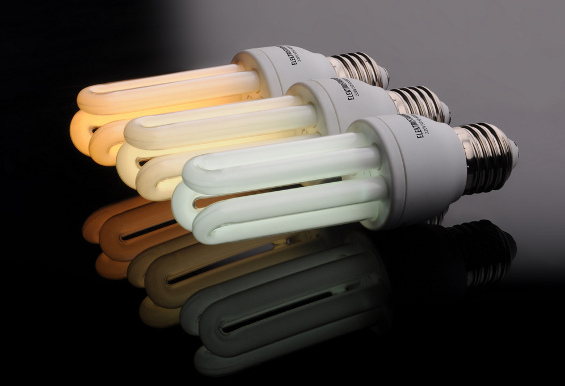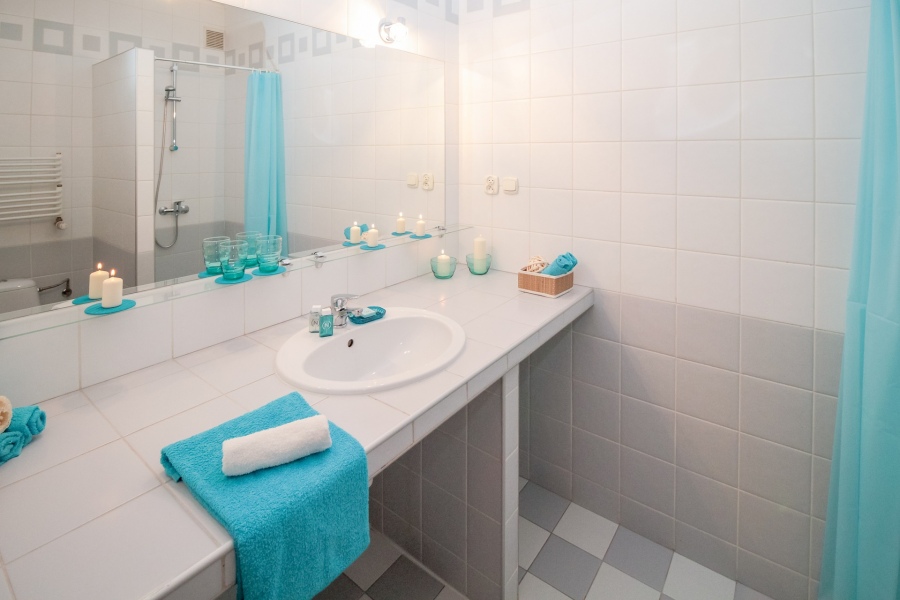Finding ways to cut costs and live like a minimalist can be difficult with a lack of guidance. Luckily, you have me to help you with all of your energy saving needs. If you’re interested in ways to reduce energy costs, particularly if you’re running a large business or have a full household, then I have a great list for you.
Below are five of the best, cost-effective ways to save money on energy costs.
1. Know What’s Using Up Your Energy
Many people don’t know that appliances and devices still extract energy from a home’s outlets when they’re not turned on. As a result, this term phantom load is born, and currently accounts for approximately 6% of all national residential electricity consumption.
2. EnergyStar and CFL’s
Replace all of the old products in your home that extract a large amount of energy. Particularly when it comes to appliances such as washers, dryers, and refrigerators, make sure that you’re investing the right amount of money to produce the best results long-term. Saving a couple hundred dollars on the front-end to spend more on the back-end is not a good investment. In addition, incandescent light bulbs are energy consuming dinosaurs, and luckily I believe that most new home fixtures are designed for energy efficient lighting.
3. Smart Thermostat
This is one of the most popular new techniques in adjusting energy costs for the better, saving you as much as 15 percent on heating and cooling costs. Most people forget to adjust their thermostat, and as a result, expend more energy and increase costs. Programmable thermostats, or smart thermostats, work by automatically adjusting your home’s temperature to your schedule or smart phone specifications.
4. Understand the Basics of Energy Efficiency
Unplugging your devices from your wall, air-locking all doors and windows, building with the proper orientation to the sun for best heating and cooling practices, proper insulation, among many other things are important when it comes to energy efficiency. These are all basics that you should know when you’re developing a plan of attack in lowering energy costs and increasing your efficiency.
5. Tankless Water Heater & Water-Efficient Toliets
This one is a question for debate. Many professionals claim that tankless water heaters are actually more ineffective and inefficient than regular hot water tankers. I believe that the answer could be a yes or no, depending on how much you’re using the water. If you live at home and rarely use the sink or shower (a couple times a day), you’re best suited for a tankless water heater. On the contrary, if you’re living with five people and three of them are home all of the time, you may be in a position for a regular water heater. Make sure that you consult with your energy provider or a water heater company specializing in efficient practices.
In addition to a tankless water heater, you may want to invest in low-flow urinals or toilets with the opportunity to save up to 20% on monthly water bills. Some of the best technology on the market includes a two-flush system, designed for obviously “Number One” and “Number Two”.
This article was written by Matthew Hall. Matthew has spent the past few years focusing on how to make the American home the forefront for sustainability. He is also a professional writer and works with companies such as Bob Heinmiller AC. To learn more about Matthew, visit his Google+.





